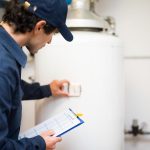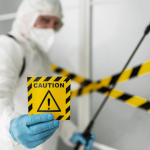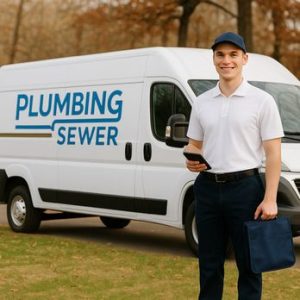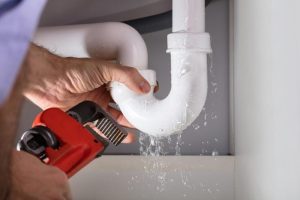
Whether you are buying, selling, or simply maintaining your home, a plumbing inspection is an important part of ensuring the safety and functionality of your plumbing system. This process involves a thorough examination of your pipes, fixtures, and appliances to identify any potential issues that may need to be addressed. A certified plumber in Cartersville will conduct the inspection and provide you with a detailed report of their findings. Here’s what you can expect during a home plumbing inspection.
Pre-Inspection Preparation
Before the scheduled inspection, there are a few things you should do to prepare your home and make the process go smoothly. These may include:
- Clearing any clutter or obstructions around plumbing fixtures and appliances.
- Providing access to all areas of the plumbing system, including crawl spaces and attics.
- Repairing any visible leaks or damages.
- Ensuring all water shut-off valves are easily accessible.
Areas of Inspection
During a plumbing inspection, the plumber will typically examine the following areas:
Interior Plumbing Fixtures
This includes sinks, toilets, showers/tubs, and appliances such as dishwashers and washing machines. The inspector will check for any leaks, water pressure issues, and proper drainage.
Exterior Plumbing Fixtures
Outdoor faucets, sprinkler systems, and swimming pool plumbing will also be inspected for potential leaks or damages.
Drainage System
The drainage system is a critical component of your plumbing system. The inspector will check for clogs, blockages, and proper venting to ensure the system is functioning properly.
Water Heater
The water heater will be inspected for any leaks, corrosion, and proper temperature and pressure settings. The inspector will also check the condition of the heating element and anode rod.
Pipes
All visible pipes will be examined for any damages, signs of corrosion, and potential leaks. The inspector may also use specialized equipment to check for hidden leaks and blockages.
Sewer System
If your home has a septic tank or sewage system, the inspector will check these areas for any potential problems, such as leaks, clogs, or damages.
After the Inspection
After completing the inspection, the plumber will provide you with a detailed report of their findings. This may include recommendations for repairs or replacements, as well as any potential safety hazards that were identified during the inspection. It is important to carefully review this report and address any issues promptly to avoid further damages or costly repairs in the future.
Benefits of a Plumbing Inspection
Having a professional plumbing inspection can provide several benefits, including:
- Early detection of potential problems before they become major issues.
- Identification of hidden leaks that can cause water damage and mold growth.
- Improved efficiency of your plumbing system, leading to potential cost savings on utility bills.
- Increased safety by identifying any potential hazards, such as gas leaks or faulty wiring.
Conclusion
A home plumbing inspection is an essential part of maintaining a safe and functional home. Understanding the difference between a plumber and a pipefitter is important when choosing the right professional for your plumbing needs. By preparing your home and knowing what to expect during the inspection, you can ensure a thorough and successful evaluation of your plumbing system.








